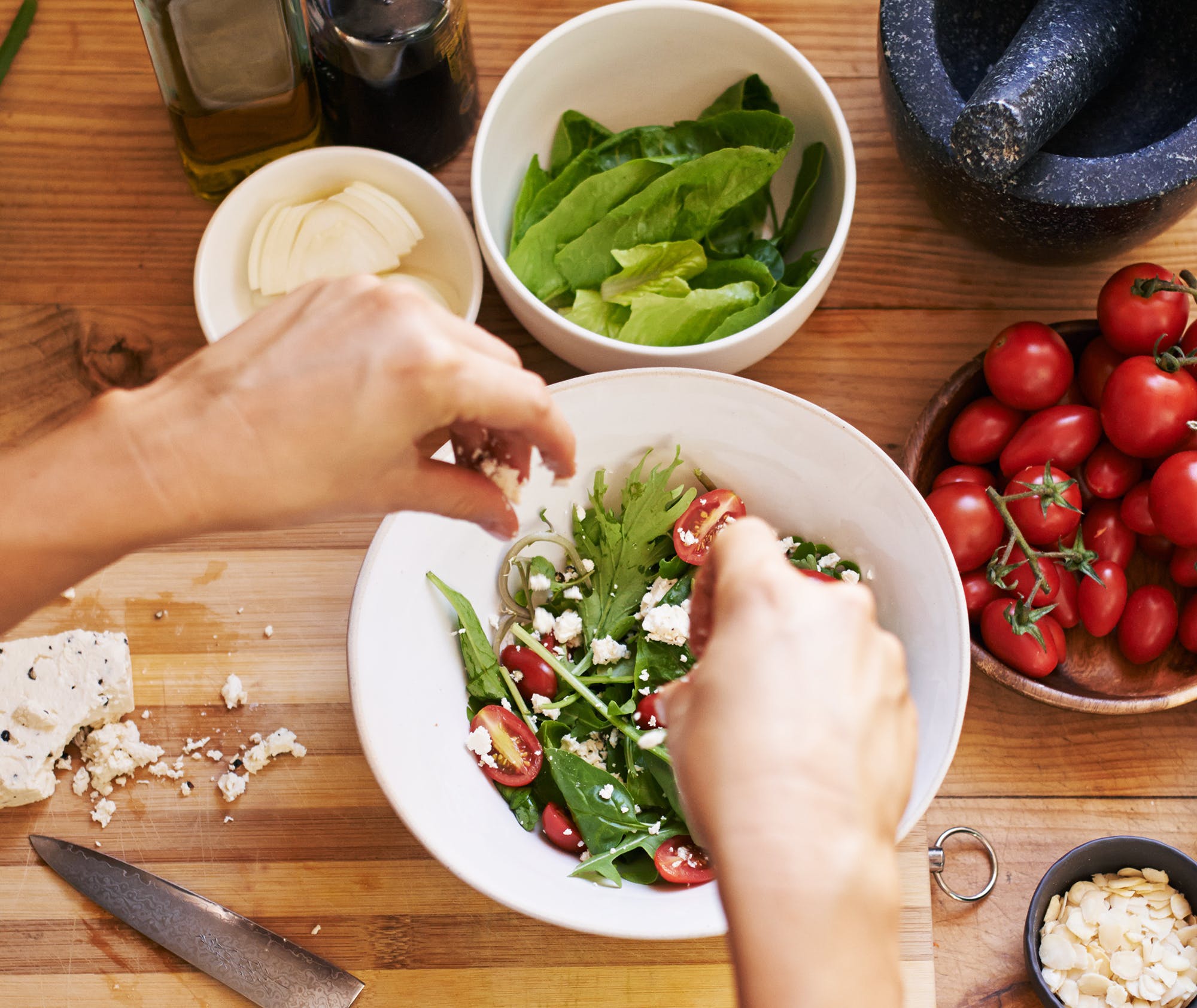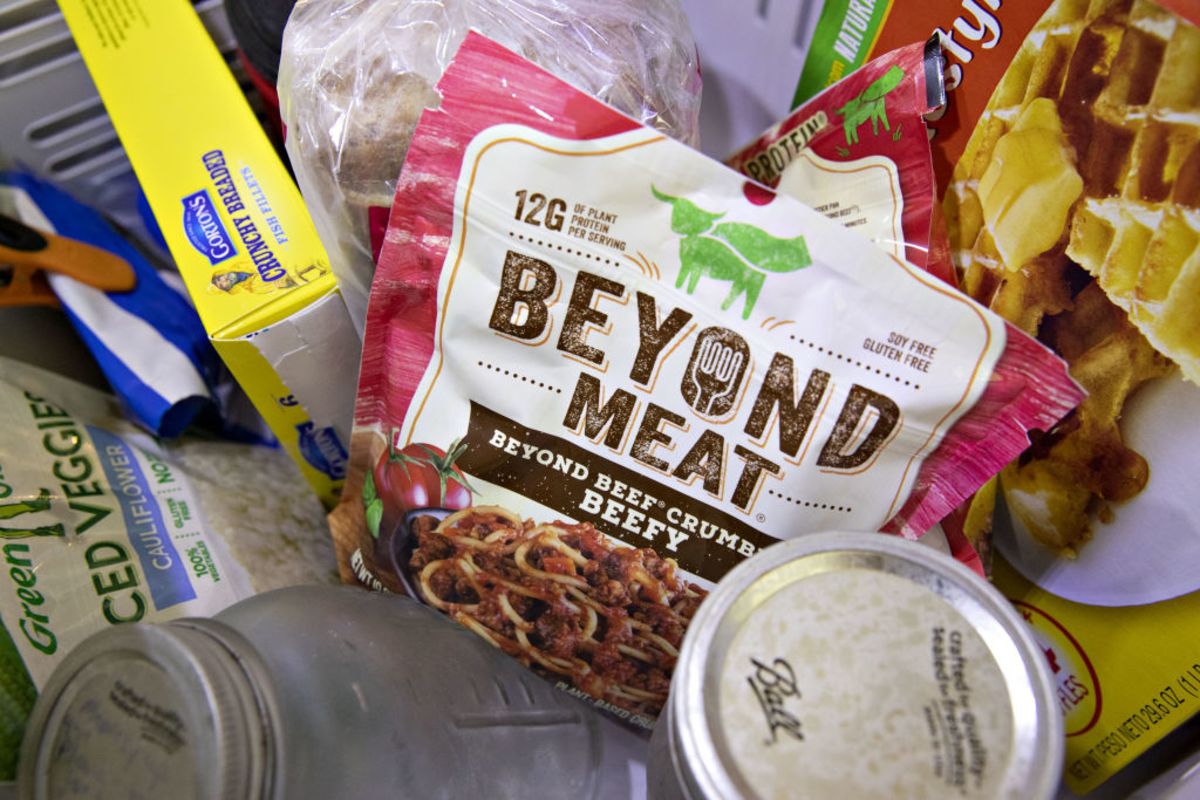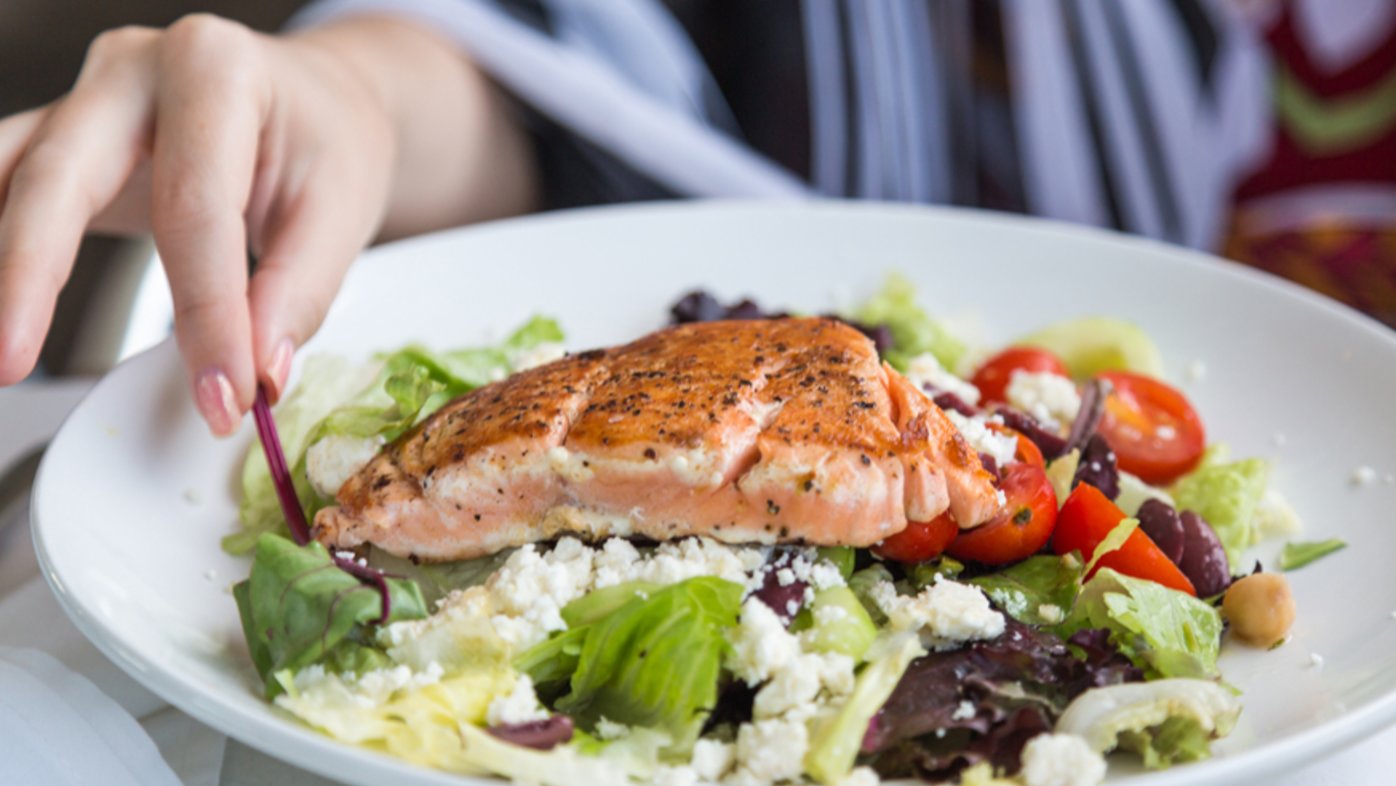
You will need to make many decisions when raising vegetarian children. It is important to offer a variety of food to your child to meet their nutritional needs. Vegetarian food sources provide vitamins and minerals that your child needs to grow into a healthy adult. These options include Vitamin B-12 (Calcium, Iron, and Breastmilk).
Vitamin B-12
Vitamin B-12 is essential for a healthy vegetarian child. Supplementing your child's diet with vitamin B-12 is one of the best ways to ensure that they are getting enough. Vitamin B12 deficiency can lead to serious health issues for children who don't get enough. Vitamin B12 deficiencies are more common in vegans than non-vegans. Infants born to vegan mothers are more likely to suffer from a vitamin B12 deficiency. However, a deficiency is not necessarily immediately recognizable. Pediatricians won't usually suspect that a baby has a vitamin B-12 shortage unless there are certain neurological symptoms. In order to evaluate the child's vitamin B-12 status, it is important for the pediatrician to take into account the nutritional history of the mother.
Calcium
Besides milk, your child can also get calcium from a vegetarian diet by eating other fortified food items, like soy milk and margarine. Multivitamins and some antacids might contain calcium.

Iron
Vegetarian kids need iron to thrive, and a variety of foods can provide the necessary amount. Beans are a great source for iron, fiber and vital vitamins. They can be cooked in soup or added to salads. You can also add them to enriched rice for a complete protein meal. To get more vitamin C, you could also add mashed sweet potatoes.
Breast milk
Many nutrients are found in breast milk including white blood cells (stem cells), enzymes, amino acids and vitamins, minerals as well fat and carbohydrates. These nutrients are vital for the growth of children. They are found in the mother's milk. Breast milk, even if it is not for vegetarians, can still provide these nutrients. Fortified milk can also be supplemented by vegetarian mothers. However, this should not be started until the child is at least 12 years old.
Tofu nuggets
Tofu nuggets may be either baked or air-fried. The tofu absorbs the flavor like a sponge. These vegetarian kids meals are light and crispy. They're also easy to prepare. They make great snacks or entrees.
Recipes
Cooking for a vegetarian kid can be challenging. Finding healthy, tasty meals that everyone will enjoy can be difficult for kids who are naturally picky eaters. There are plenty of healthy, delicious, and inexpensive vegetarian protein options available that will satisfy both your child's palate and your pocketbook. These recipes are simple to make, contain healthy ingredients, and are delicious.

For a vegetarian kid, plan one balanced meal
If you are feeding a vegetarian child, it is important to understand their nutritional requirements. While fruits and vegetables can be a great source for energy, they also have low calories. You can compensate by choosing high-calorie foods such as avocados and hummus. Peanut butter on the other side is a good source of calories and protein. Peanut butter is especially great for vegetarian children with no allergies. Don't give the nuts to your child if you aren’t sure.
FAQ
How do I measure body fat
A Body Fat Analyzer can be used to measure body fat. These devices can be used to measure body fat percentages in people who are trying to lose weight.
What should I eat?
Eat lots of fruits and vegetables. These vegetables and fruits are rich in vitamins and minerals that will keep your immune system strong. Fruits and veggies are also high in fiber, which makes them filling and helps with digestion. You should eat at least five servings per day of fruits and vegetables.
Drink plenty of water. Water flushes toxins out of the body and helps to feel full between meals. Drink about eight glasses each day.
Eat whole grains instead of refined ones. Whole grains are rich in nutrients such as iron, zinc and magnesium. Refined grains are stripped of some of their nutritional value.
Avoid sugary beverages. Sugary drinks are full of empty calories and lead to obesity. Instead, opt for water, milk, or unsweetened tea.
Avoid fast food. Fast food lacks nutritional value. It may taste great but it won't give you the energy you need to function properly. Instead, stick to healthier options like soups and sandwiches, pasta, and salads.
Try to limit alcohol intake. Alcohol contains empty calories and contributes to poor nutrition. Limit your intake to two alcoholic drinks per week.
Try to cut down on red meat. Red meats contain high amounts of saturated fat and cholesterol. Instead, choose lean cuts of beef and pork, lamb, chicken or fish.
Which diet is best for me?
The best diet for you depends on several factors, like your age, gender, weight, health conditions, and lifestyle habits. You also need to consider how much energy you expend during exercise, whether you prefer low-calorie foods, and if you enjoy eating fruits and vegetables.
Intermittent fasting might be an option for you if your goal is to lose weight. Intermittent fasting involves consuming only specific meals throughout the day, rather than having three large meals. This may be a better option than traditional diets with daily calorie counts.
Research suggests that intermittent fasting may increase insulin sensitivity and reduce inflammation. This can result in improved blood sugar levels as well as a lower risk of developing diabetes. Some research also suggests that intermittent fasting might promote fat loss, and improve overall body composition.
What is the difference between calories and kilocalories?
Calories refer to units that are used for measuring the amount of energy contained in food. A calorie is a unit of measure. One calorie equals one degree Celsius of energy to heat 1 gram of water.
Kilocalories refer to calories in another way. Kilocalories measure in thousandths (or calorie) of a calorie. 1000 calories are equal to one kilocalorie.
How can I reduce my blood pressure
The first thing you need to do is find out what causes high blood pressure. Next, take steps that will reduce the risk. This could be as simple as eating less salt, losing weight (if necessary), or even taking medication.
Exercise is also important. If you don't have time for regular exercise, then try walking as often as possible.
A gym membership is a good idea if you don't like how much exercise your doing. A gym that has other members who share your goals will be a good place to start. You will find it easier to keep to a workout schedule if you have someone to watch you at the gym.
Does cold make you weaker?
It has been said that there are two types of people on the planet: those who love winter or those who hate it. It doesn't matter if you love it or not, it is possible to wonder why it makes you feel so miserable when it gets cold outside.
Our bodies are made to function well in warm weather. We evolved to thrive in hot environments because of the abundance of food resources.
Now, however, we live in a completely different environment to how our ancestors lived. We spend much more time indoors and are exposed to extreme temperatures (cold, heat) and eat processed foods instead of fresh.
As a result, our bodies aren't used to such extremes anymore. When we venture out, our bodies are unable to handle the extremes. This leaves us feeling exhausted, sluggish, or even sick.
There are some ways to reduce these side effects. Keep your body hydrated. Hydration is key to keeping your body well hydrated, flushing out toxins and maintaining a healthy weight.
Also, ensure you eat healthy food. The best way to maintain your body's optimal temperature is by eating nutritious food. This is especially beneficial for anyone who spends a lot of time inside.
You can also meditate for a few minutes every day. Meditation helps you relax your mind and body, which makes it easier to deal with stress and illness.
How much should I weigh for my height and age? BMI calculator and chart
The best way to determine how much weight you need to lose is to use a body mass index (BMI) calculator. The healthy BMI range for a healthy person is 18.5 to 24.9. You should lose about 10 pounds each month if you are trying to lose weight. To calculate your BMI, simply enter your height and weight into the BMI calculator.
This BMI chart will help you determine if your body is overweight or obese.
Statistics
- Extra virgin olive oil may benefit heart health, as people who consume it have a lower risk for dying from heart attacks and strokes according to some evidence (57Trusted Source (healthline.com)
- In both adults and children, the intake of free sugars should be reduced to less than 10% of total energy intake. (who.int)
- nutrients.[17]X Research sourceWhole grains to try include: 100% whole wheat pasta and bread, brown rice, whole grain oats, farro, millet, quinoa, and barley. (wikihow.com)
- According to the 2020 Dietary Guidelines for Americans, a balanced diet high in fruits and vegetables, lean protein, low-fat dairy and whole grains is needed for optimal energy. (mayoclinichealthsystem.org)
External Links
How To
27 Steps to achieve a healthy lifestyle when your family only buys junk food
The most common way to eat healthy is to cook at home. However, many people are not skilled in preparing healthy meals. This article will offer some suggestions on making healthier choices when dining out.
-
Consider eating at restaurants that serve healthy meals.
-
Before ordering meat dishes, order salads and other vegetables.
-
Ask for sauces without added sugar.
-
Avoid fried items.
-
Request grilled meats instead of fried ones.
-
Do not order dessert unless you really need it.
-
It is important to have something other than dinner.
-
Slowly chew and eat.
-
When you eat, drink plenty of fluids.
-
Do not skip breakfast or lunch.
-
Take fruit and vegetables along with every meal.
-
Consume milk and not soda.
-
Sugary drinks should be avoided.
-
Reduce salt intake.
-
Limit the amount of time you eat at fast food restaurants.
-
If you can't resist temptation, ask someone to join you.
-
Do not let your kids watch too much TV.
-
When you are eating, keep the TV off.
-
Do not drink energy drinks.
-
Take regular breaks from the office.
-
Exercise early in the morning.
-
Move every day.
-
Start small and build up gradually.
-
Set realistic goals.
-
Be patient.
-
Even if you don’t feel like it, find the time to exercise.
-
Positive thinking is key.